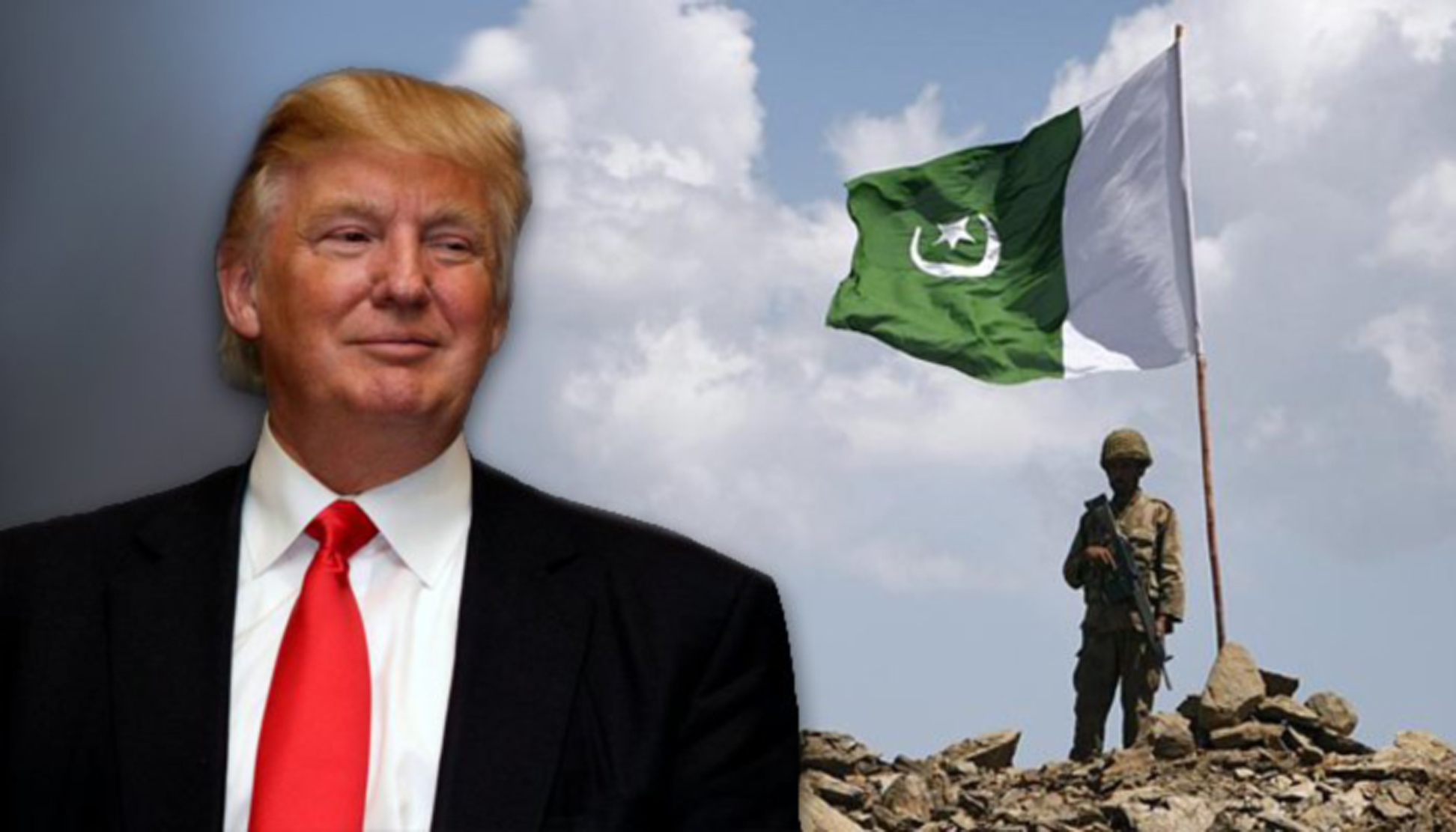United States President Donald Trump cannot afford to walk away from Pakistan, which has often provided vital intelligence and has the world’s fastest-growing nuclear arsenal, a New York Times article has warned, saying such a move on his part could be detrimental for America and pave way for even better Sino-Pak relations.
The article claims that Trump’s aggressive and very globally audible admonition seems to indicate that he does not have a proper strategy in his plans. “President Trump’s bombast and the precipitous way the decision seems to have been made have led to doubts that Mr. Trump has a serious plan for managing the ramifications of this move,” the publication states.
“The president is good at venting grievances, as he demonstrated in his New Year’s Day tweet on the situation: “The United States has foolishly given Pakistan more than 33 billion dollars in aid over the last 15 years,” he wrote, “and they have given us nothing but lies & deceit, thinking of our leaders as fools. They give safe haven to the terrorists we hunt in Afghanistan, with little help. No more!” says the article.
Later, on January 5, the US announced that it was suspending the transfer of military equipment and security-related funds to Pakistan. Major General Asif Ghafoor the Director-General of Inter-Services Public Relations (ISPR) said the aid suspension would impact bilateral security cooperation between the two nations as well as regional peace.
“Suspension of security assistance will not affect Pakistan’s resolve to fight terrorism; however, it, for sure, will have an impact on Pakistan-US security cooperation and efforts towards regional peace,” said the Army spokesman. Ghafoor said that Pakistan never fought for money, but for peace, adding that the Pakistan Army has indiscriminately targeted terrorists including the Haqqani network at a “heavy cost of blood and treasure”.
The rhetoric has raised hackles in Islamabad, adding to fears that the row could undermine Pakistan’s support for American operations in Afghanistan. Without laying out any details, the Ministry of Foreign Affairs warned that “arbitrary deadlines, unilateral pronouncements, and shifting goal posts are counterproductive in addressing common threats”.
A decision to withdraw or limit support may, alternatively, suggest an opening into the further enhancement of Pakistan’s friendship with China, “which is already investing in major new infrastructure projects and expanding its international leadership”, the article states.
“Almost every military flight into Afghanistan goes through Pakistani airspace. Most supplies travel along Pakistani roads and rails. Pakistan could shut down American access at any moment, and some Pakistani officials are threatening to do just that.
Pakistan could also ally more closely with China, which is already investing in major new infrastructure projects and expanding its international leadership at America’s expense, and be more hard-line in its rivalry with India. Indeed, China could once again be the beneficiary of a Trump decision estranging the United States from longtime partners.”
If Trump was to realise how precariously the frail balance is being maintained at present quite unlikely taking into account how he quickly supported Senator Rand Paul’s proposal to “take the money that would have gone to Pakistan and put it in an infrastructure fund to build roads and bridges here in the US” he might consider other options.
Which is, to say, “harness his new friendships with the leaders of Saudi Arabia and the United Arab Emirates”. However, that “would, of course, require quiet negotiations, not shouting”, the article adds.


